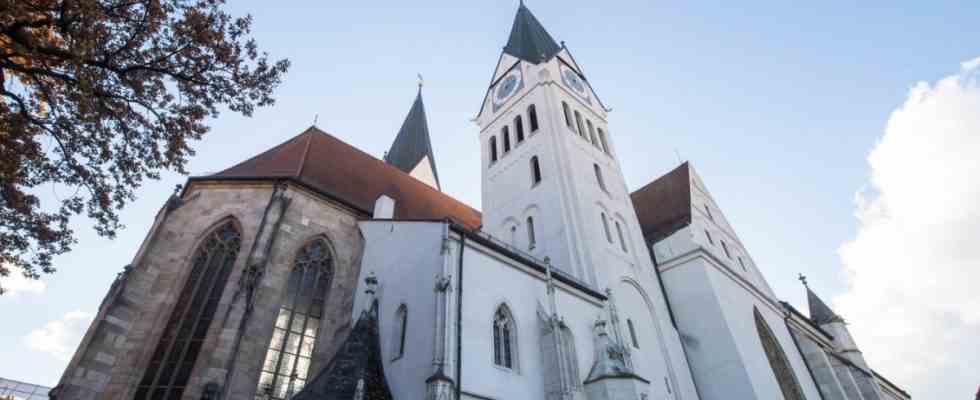The diocese of Eichstätt, which is under pressure to save, gives up its five general schools and its church newspaper. This emerges from a future plan published on Thursday. Both measures have been decided, but not yet scheduled, say those responsible.
The economic plan for 2023, which was only approved the day before by the diocesan tax committee at the second attempt, shows a deficit for the fourth time in a row. According to the calculation, it rises to 16 million euros. At the end of the year 2021 there was a minus of 13.7 million euros in the books.
A precarious budget situation is forcing the diocese to make drastic changes. Discussions are currently being held with politicians about the continuation of the schools at the three locations Eichstätt (Rebdorf), Ingolstadt (Gnadenthal) and Abenberg, according to the diocese leadership. One high school and four secondary schools are affected. The marriage, family and life counseling locations in Nuremberg, Roth, Eichstätt and Weißenburg are also to be closed by 2024. Not only the church newspaper, but also the cathedral bookstore is affected by the end of the Willibald publishing house.
According to Vicar General Michael Alberter, a decision that is unique in Bavaria, if not in Germany, is this: In the future, the Eichstätt diocesan priests should cover part of their old-age provision themselves and spend 4.65 percent of their basic salary on it. This would reduce the diocese’s expenses by around 400,000 euros per year. By 2030, the number of 507 parish and branch church foundations is to be reduced. According to their own statements, those responsible do not have a specific target in mind, but they are aiming for savings of 1.5 million euros.
The plan for the future also envisages accommodating the entire diocese administration in the former Maria Ward School in Eichstätt. So far, some buildings have also been rented for the workplaces. Bishop Gregor Maria Hanke’s living and working area could also be integrated into the property. Then income could be generated by lucratively renting out the bishop’s house.
By eliminating all main departments, the diocese administration should become leaner overall. The householders are hoping for annual cost savings of almost 230,000 euros from the reduction by one management level. The plan for the future is based on intensive strategic discussions since 2021 at all diocese levels. This also included the development of a new mission statement aimed at creating a spirit of optimism and growth processes. The 190 Catholic day-care centers are to be further developed and pastorally strengthened. The diocesan technical academy is being expanded to recruit staff. The diocese wants to promote a lifestyle of solidarity, become climate-neutral by 2035 and establish a “culture of welcome” in pastoral care and administration.

